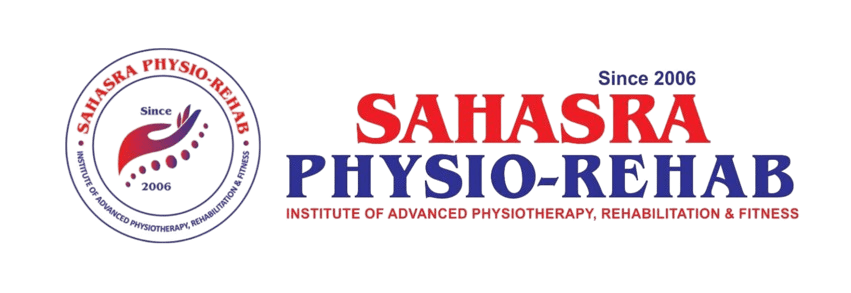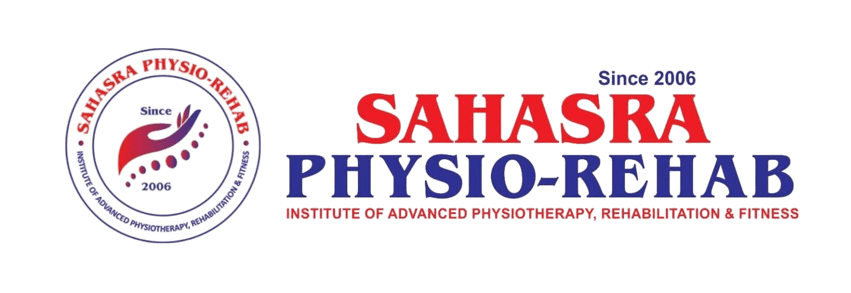Recovery from addiction or any form of mental health struggle can be a challenging journey, but it is one that can be made significantly easier by finding comfort and support in the right environment. Inpatient day care rehabilitation programs offer individuals a unique and effective approach to recovery by combining a homely atmosphere with comprehensive treatment. Unlike traditional residential programs, inpatient day care allows individuals to receive the necessary care and support during the day while returning to the comfort of their own homes at night. In this blog post, we will explore the numerous benefits of homely inpatient day care rehabilitation, including the opportunity for a supportive community, personalized treatment plans, and the ability to maintain important connections outside of treatment. Discover how this innovative approach can provide the comfort and support needed to successfully navigate the recovery journey.
The concept of homely inpatient day care rehabilitation
Homely inpatient day care rehabilitation is a concept that aims to provide individuals with a comfortable and supportive environment for their recovery journey. Unlike traditional inpatient rehabilitation centers, which can feel clinical and impersonal, homely inpatient day care centers focus on creating a warm and inviting atmosphere that feels more like a home away from home. The idea behind homely inpatient day care rehabilitation is to provide a space where individuals can receive the necessary treatment and support while still maintaining a sense of familiarity and comfort. This type of rehabilitation center often resembles a cozy house, with comfortable furnishings, inviting common areas, and a serene outdoor space. One of the key benefits of homely inpatient day care rehabilitation is the sense of community it fosters. With a smaller number of residents, individuals have the opportunity to form close bonds with their peers and the staff. This supportive network can play a crucial role in the recovery process, providing a sense of understanding and motivation. Another advantage of homely inpatient day care rehabilitation is the personalized care and attention that individuals receive. With a smaller staff-to-patient ratio, there is more time for one-on-one interactions, individualized treatment plans, and tailored therapy sessions. This can greatly contribute to the success of the rehabilitation process. Furthermore, the homely environment of these centers promotes a relaxed and calming atmosphere, which can aid in reducing stress and anxiety. The comfortable and inviting spaces create a sense of safety and tranquility, allowing individuals to focus on their recovery without feeling overwhelmed or confined. Overall, the concept of homely inpatient day care rehabilitation offers a refreshing alternative to traditional rehabilitation centers. By prioritizing comfort, community, and personalized care, it creates an environment that supports individuals throughout their recovery journey and helps them find comfort in the process.
Benefits of a supportive community in the recovery process
One of the key benefits of homely inpatient day care rehabilitation is the presence of a supportive community. When recovering from addiction or going through a rehabilitation program, having a strong support system is crucial for success. In a homely inpatient day care setting, individuals have the opportunity to connect with others who are going through similar experiences. This sense of community can provide a feeling of belonging and understanding that is often lacking in other treatment settings. Being surrounded by individuals who are on a similar journey can be incredibly comforting and inspiring. It allows for the sharing of stories, struggles, and triumphs, creating a bond that fosters empathy and compassion. This supportive community becomes a source of motivation and encouragement, pushing individuals to stay committed to their recovery goals. In addition to emotional support, a supportive community in a homely inpatient day care rehabilitation setting also offers practical benefits. Members of the community can share insights, tips, and strategies that have worked for them, providing valuable guidance to others in their recovery journey. This collective wisdom can help individuals navigate challenges more effectively and develop healthy coping mechanisms. Furthermore, a supportive community provides a sense of accountability. Members can hold each other accountable for their actions and behaviors, ensuring that everyone stays on track towards their recovery goals. This accountability helps individuals stay motivated and focused, reducing the risk of relapse. Overall, the presence of a supportive community in a homely inpatient day care rehabilitation program offers numerous benefits. It provides emotional support, a source of inspiration, practical guidance, and accountability. This sense of community creates a nurturing environment where individuals can find comfort and strength as they navigate the challenges of recovery.
Personalized treatment plans for individual needs
Inpatient day care rehabilitation centers offer a unique and personalized approach to addiction recovery. One of the main benefits of this type of program is the ability to create personalized treatment plans for each individual’s specific needs. The staff at these centers take the time to understand each patient’s unique circumstances, including their addiction history, any co-occurring mental health disorders, and their overall physical and emotional well-being. By tailoring the treatment plan to the individual, these centers can address the specific challenges and obstacles that each person may face on their recovery journey. This personalized approach allows for a more effective and comprehensive treatment experience. For example, if someone is struggling with chronic pain in addition to their addiction, the treatment team can incorporate pain management techniques into their plan. Similarly, if someone is dealing with underlying trauma or anxiety, the team can provide specialized therapies to address these issues alongside addiction treatment. This level of individualized care ensures that each person receives the support and resources they need to successfully overcome their addiction and achieve lasting recovery. It also fosters a sense of comfort and empowerment, as patients feel heard and understood throughout their treatment. In summary, the benefits of personalized treatment plans in homely inpatient day care rehabilitation centers cannot be overstated. This approach allows for a comprehensive and tailored recovery experience, ensuring that each individual has the best chance at success in their journey towards a healthier, happier life.
Maintaining important connections outside of treatment
Maintaining important connections outside of treatment is a crucial aspect of recovery during inpatient day care rehabilitation. While undergoing treatment, it’s easy to feel isolated and disconnected from the outside world. However, staying connected with loved ones and maintaining a sense of normalcy can provide immense comfort and support during the recovery journey. Homely inpatient day care rehabilitation offers a unique advantage in this regard. Unlike traditional residential treatment centers, where individuals are completely separated from their external relationships, homely inpatient day care rehabilitation allows patients to stay connected with their loved ones while receiving the necessary care and support. Whether it’s through regular visitation hours, phone calls, or even virtual communication, patients in homely inpatient day care rehabilitation have the opportunity to maintain a sense of connection with their families, friends, and support networks. This not only helps to alleviate feelings of loneliness and isolation but also provides a strong support system outside of the treatment environment.
Additionally, maintaining connections outside of treatment offers a reminder of the life waiting for individuals once they complete their recovery journey. It serves as motivation to continue working towards their goals, knowing that they have the love and support of their loved ones waiting for them. The benefits of maintaining these connections extend beyond emotional support. Loved ones can also play a crucial role in the recovery process by providing encouragement, accountability, and understanding. They can help individuals to stay committed to their treatment plan and offer a sense of normalcy and stability during a challenging time. In conclusion, the homely inpatient day care rehabilitation approach recognizes the importance of maintaining important connections outside of treatment. By allowing patients to stay connected with their loved ones, it provides a sense of comfort, support, and motivation throughout the recovery journey. This approach not only enhances the overall experience of rehabilitation but also increases the likelihood of successful, long-term recovery.

